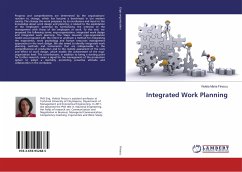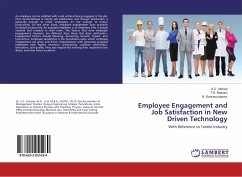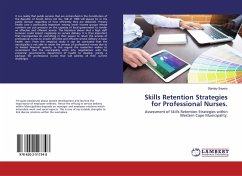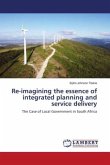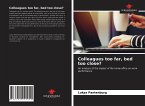Progress and competitiveness are determined by the organizations' reaction to change, which has become a benchmark in our modern society. The change this work proposes, by its conclusions and input to the knowledge about work design and planning, is related to the exploitation of the employees' potential by harmonizing the interests of the management with those of the employees at work. To this end, we proposed the following terms: ergo-organization, integrated work design and integrated work planning. The Steps towards ergo-organization model was proposed with the intent to underpin a method for integrating the ergonomics, work psychology and human resources management approaches in the work design. We also aimed to identify integrated work planning methods and instruments that are indispensable to the competitiveness of production and to the realistic assessment of the costs and effect of work design, which enable the achievement of the ergo-organization level. The contributions, in addition to being a starting point for further research, mean a signal for the management of the production system to adopt a mentality promoting proactive attitude and collaboration in the workplace.
Bitte wählen Sie Ihr Anliegen aus.
Rechnungen
Retourenschein anfordern
Bestellstatus
Storno

